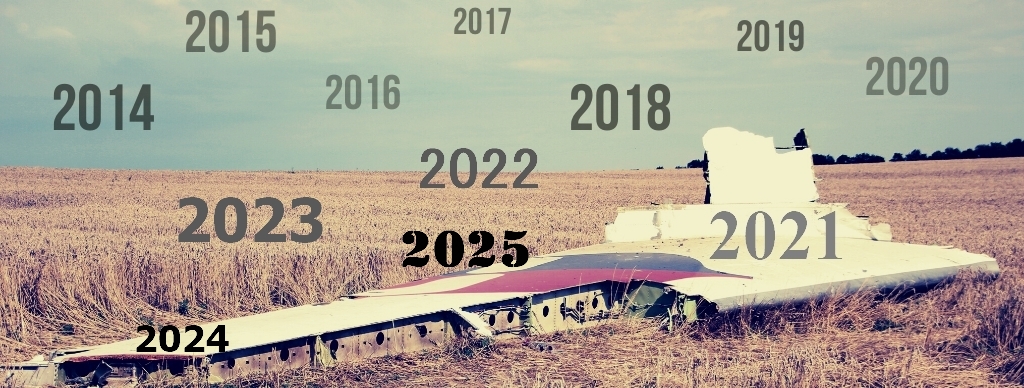https://www.bonanzamedia.com/bonanza-leaks/
Field Office Meeting 20180125
Field Office meeting (Day 1) Driebergen, 25 January 2018
Participants
Dutch prosecutor's service: Maartje Nieuwenhuis (chair), Manon Ridderbeks, Anne van Dooren, Elfred Warner (minutes) Belgian Prosecutor's service: Lieve Pellens Belgian Police: Wouter Waumans Dutch Police: Gerrit Thiry Australian Federal Police: David Nelson, Alex Kazagrandi (interpreter) Ukrainian Prosecutor's service: Oleg Peresada
Morning session
Introduction Maartje opens the meeting and welcomes the participants. This meeting's goal is to update each other what we are working on in our investigation and what the plans are
for this year.
Oleg announces that Igor could not attend today because he is busy working on a POI in
our investigation.
Maartje explains the decision to go forward as planned with this meeting although Igor is not here; at a later moment in time we will see who will contact Igor about the actions needed to be taken up by him/the SBU.
Maartie refers to the minutes of two last meetings asking if there are any comments. David, Oleg and Lieve state that they are fine with those minutes.
Results review committee (Maartje) Maartje presents the conclusions made by the review committee (appended) and explains why we asked a committee (three selected people) to review the evidence. The committee didn't look at the results of the forensic investigation and the radar inquiry but only considered the evidence we had on specific persons.
The review committee indicates a problem regarding the intent of co-conspirators. It is difficult to anticipate how a court would look at this, as there is no Dutch jurisprudence
in a similar case.
David: there is evidence on what the plan was because they asked for more arms.
Maartie: what level of intent do you need? We don't now what their trigger was to drive the installation into the open field. We also don't know what the trigger was to actually use the buk.
Anne: Another question is how relevant the fact is that the shooting down of MH17 could have been a mistake (and the real intention was to shoot a military airplane). The separatists didn't have the right to shoot an airplane, whether it was a military or civilian airplane, unless they were combatants in an international armed conflict. Oleg: Don't we have enough evidence to state that the separatists could have foreseen that it was a civilian aircraft? Manon: The committee stated that the Dutch Safety Board explicitly mentioned that not even military attachés were acquainted whether or not the airspace was closed for civilian planes, so how could the people on the ground know? Oleg: According to a Ukrainian military specialist a civilian aircraft flies with a constant speed on a constant altitude, while military aircrafts act the opposite.
Maartje: Dutch specialists state the same about civilian aircraft, but mention that although military aircraft can act the opposite, they can also fly with a constant speed on a constant altitude.
Manon: Above all it is important what the militants thought about it, telephone calls indicate that they thought that military aircraft flew close to civilian airplanes in order to
be safe. David: Does it matter if the crew was in the military or acted as contractors under command of the army for the possibility they can claim combatant privilege? Maartie doesn't think so. It can be different for separatists, for combatant privilege one has to function more or less in an official army structure.
Oleg mentions some relevant parts of a statement of a Buk expert on the way a Buk works. This should be in the file and answers some of the questions of the Review committee.
Maartie states that this statement actually is used in the weapon report but that there are still some questions left. Therefor the colleague who is writing the weapon report will have another look in the manual. We are also considering having more of the manual translated.
Oleg adds that not only a statement has been given, but also a video has been made (and shared) of the explanation (on how a BUK system works, including the radar and what you can and cannot see on it) that was given by 2 BUK-instructors. According to Oleg all questions raised by the committee most probably could be answered by looking at this video.
Gerrit mentions that he will look this up in the administration.
